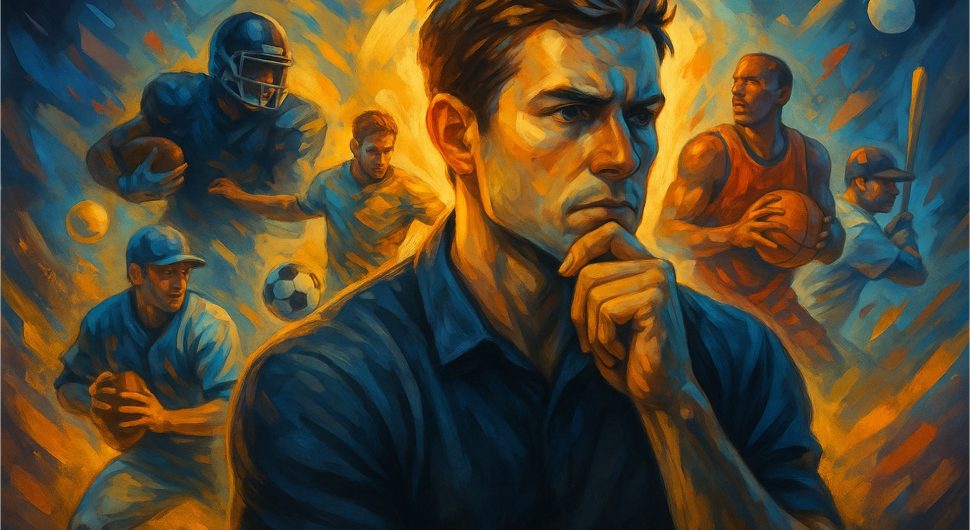Fantasy sports is more than stats and strategy—it’s a mental game. While many players have access to the same tools, rankings, and data, only a few rise consistently to the top. What makes these elite managers different? It’s not just who they draft—it’s how they think.
In this article, we dive into the psychology behind fantasy champions. From discipline and emotional control to game theory and resilience, we explore the mindset traits that consistently set top performers apart.
1. Strategic Patience
Fantasy champions know when to act fast and when to wait. They resist panic drops after one bad week and don’t rush into lopsided trades out of fear. This kind of patience allows them to take calculated risks and gives their roster the time to grow and settle.
They understand that fantasy seasons are marathons, not sprints. The best players don’t overreact; they adjust with intention.
2. Emotional Discipline
Losing hurts. Injuries, benchings, and bad beats are frustrating. But fantasy champions don’t tilt. They treat their roster like a portfolio—no emotional attachments, only upside and value.
They can bench a star when the matchup is poor, cut a favorite player if he’s underperforming, and avoid chasing points from a player who had one fluke week. Discipline keeps their team balanced and decision-making clear.
3. Obsessive Consistency
Top managers don’t miss lineup changes. They don’t forget waivers. They don’t ghost the league after a few losses. They check news daily, monitor depth charts, and stay ahead of trends.
Consistency creates opportunity. Even if a move doesn’t pay off immediately, champions keep showing up and give themselves more chances to strike gold.
4. Game Theory Awareness
Elite players think beyond their team. They predict what others will do—from who their rivals might target in waivers to how they’ll respond to a trade.
Game theory plays a role in:
Blocking an opponent from a key waiver pickup
Stacking players to maximize upside
Understanding league psychology and exploiting it
A champion doesn’t just play the game. They play the players.
5. Adaptability
Fantasy seasons are unpredictable. Injuries happen. Breakouts fade. Strategies fail. The best managers pivot.
They may start the season going RB-heavy in football but adjust midseason if wide receivers become the better value. They aren’t afraid to reinvent their team identity when necessary.
Adaptability means they don’t get stuck. They evolve.
6. Long-Term Focus
While some managers chase instant gratification, champions play the long game. They save waiver priority for high-impact pickups. They stash injured players who could return for the playoffs. They trade for playoff matchups weeks in advance.
They don’t just want to win Week 4. They’re building for Week 16.
7. Calm Under Pressure
Close matchups, unexpected injuries, or underperforming stars can shake up a manager’s confidence. But champions stay calm. They don’t let nerves cloud their thinking.
They rely on process over panic. They trust their research. They accept that not every call will be right, but every decision will be grounded in logic, not emotion.
8. Competitive Curiosity
Fantasy champions are students of the game. They read the news, listen to podcasts, follow advanced metrics, and test theories. They’re always looking for an edge.
They don’t just accept advice blindly. They challenge it. They learn from mistakes, adjust, and improve every season. Curiosity fuels their growth.
Final Thoughts
The true edge in fantasy sports isn’t a magical draft pick or a lucky waiver snag. It’s mindset. Champions treat fantasy like a craft. They manage their emotions, plan strategically, adapt fluidly, and stay engaged every week.
If you want to level up this season, start with your mental approach. Tools and talent help—but attitude, awareness, and consistency are what truly separate champions from the rest of the pack.

